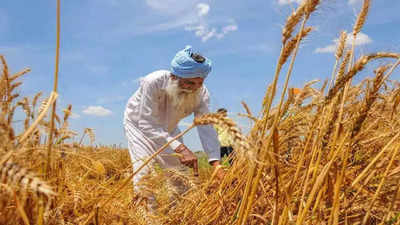
The Ministry of Commerce and Industry highlighted the adverse effects of climate change, particularly a severe heatwave that compromised wheat harvests, necessitating the ongoing export restrictions. This measure aims to combat inflation and protect domestic consumers from skyrocketing food prices.
The export ban's impact on global markets has been profound, given India's role as the world's second-largest wheat producer. Global wheat prices surged as a result of the restrictions, exacerbating supply chain disruptions already strained by the conflict in Ukraine. The Food and Agriculture Organization (FAO) and other international bodies have expressed concerns about the potential for heightened food insecurity in vulnerable regions reliant on wheat imports.
India's approach includes selective allowances for humanitarian exports to countries facing acute food shortages, ensuring that while the export ban remains, it does not entirely stifle international aid efforts. The government also imposed a 20% tariff on non-basmati rice exports to further stabilize domestic grain supplies.
Despite international criticism, including concerns raised by the United States at the G-7 summit, Indian officials maintain that the export ban is essential for national food security. Union Minister Piyush Goyal reaffirmed the government's stance, stating that current procurement levels were satisfactory and critical for sustaining domestic needs.
Experts suggest that India's agricultural policies must balance between safeguarding national interests and addressing global food supply issues. The continuation of the wheat export ban underscores the challenges countries face in managing food security amidst climate impacts and geopolitical tensions.
By closely monitoring crop yields and market conditions, India aims to reassess the export restrictions periodically, aligning its policies with both domestic requirements and international expectations. The broader implications of India's wheat export strategy will likely influence global agricultural trade dynamics and food security policies in the coming years.
Topics
Live News
